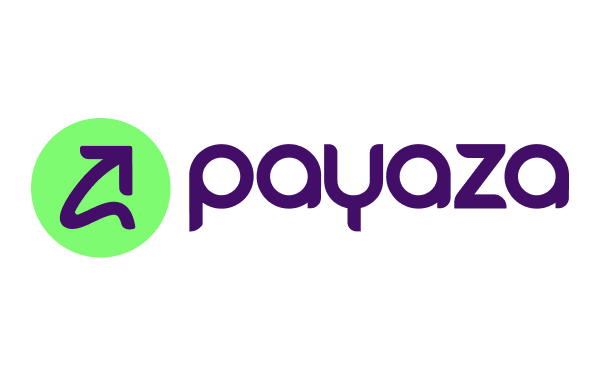In June 2025, Nigerian fintech Payaza fully repaid its ₦14.9 billion series 1 commercial paper, issued in December 2024 including interest before its maturity date. This milestone signals Payaza’s strategic shift from startup reliance on equity to disciplined short-term debt through capital markets.
Payaza’s CEO, Seyi Ebenezer, explains that the choice of commercial paper was less about raising capital and more about building trust and operational discipline within the business. He notes “Debt really fosters discipline, eqity funded statrtups tend not to manage costs well”. By issuing debt, Payaza commits to tight repayment timelines and cost management, aligning with investor expectations.
Building The Infrastructure For Debt
Payaza didn’t enter the debt market casually. The company set up robust financial systems, engaged Deloitte auditors from day one and secured investment-grade ratings from agencies like DataPro, GCR and Agusto & Co., a rare feat in Nigeria’s startup ecosystem. These steps qualified Payaza to participate in a ₦50 billion FMDQ-approved commercial paper programme, the largest fintech effort to date.
DataPro later upgraded Payaza’s short-term rating thanks to early repayment, affirming its strong credit posture.
Proving Financial Maturity
Payaza demonstrated financial strength by repaying the commercial paper ahead of its June 2025 due date. It relied solely on operating revenue and avoided costly rollovers, a rare feat even amongst established corporates. The company also earned upgraded “A” (long-term) and “A1” (short-term) credit ratings, a testimony to its strong capacity to meet obligations.
CFO Tochukwu Ekwonna said the repayment turned external confidence into tangible results “Credit ratings are useful, but they are just opinions. What we’ve done is turn that opinion into fact”.
Shifting The Startup Funding Mindset
Payaza’s approach challenges fintech norms. It opts to meet traditional market expectations rather than demand changes by investors. Seyi noted that African startups can build credibility by demonstrating transparency and reliability.
Such moves could encourage other startups to explore capital-market instruments. However, success requires rigorous governance, clean audit trials and disciplined financial planning.
Broader Market Implications
While commercial papers have surged among Nigerian corporates like Access Bank and Dangote Cemet since 2022, Payaza’s adoption marks a historic departure. It signals maturing fintech ecosystems and validates that startups can access debt markets responsibly when they build internal systems first.
Payaza also advocates for stronger African credit rating infrastructure, arguing that local firms face unfair global assessments despite low default rates. Strengthening domestic rating bodies like DataPro and Agusto could level the playing field.
The Road Ahead For Fintechs
Other startups must ensure they maintain operational efficiency and respectful working capital if they want to follow Payaza’s path. Issuing commercial paper demands accuracy in forecasting, cash flow health and regulatory compliance.
Payaza’s success may inspire policy changes supporting startup access to short-term debt, this move reshapes the narrative about how African tech companies can scale.
Final Thoughts
Payaza wrote a new chapter in Nigerian fintech history with its ₦14.9 billion commercial paper issuance and repayment. It showed that startups can enforce discipline, retain growth autonomy and win investor trust through structured debt. As African tech matures, this model may become a template for startups ready to evolve beyond equity.




